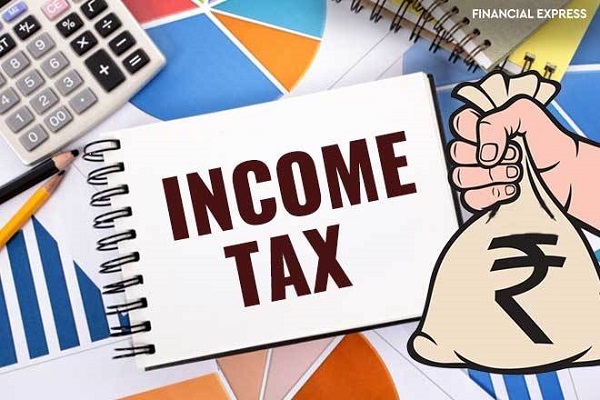Is income from fishing business taxable?

If you are a fisherman and thinking about how to file income tax returns, you need to know certain laws and taxation. Remember, income tax filing entirely depends upon how you work, be it you are an employee of a large or small fishing company, a partner of a fishing company or a self-employed fisherman. Well, in this blog, let us discuss various filing options and also about the items that come under fishing income.
What is meant by fishing income?
It includes credits, grants, subsidies, rebates, incomes or income losses sustained or recompense for the property while functioning in the fishing business. Certain activities that develop fishing income are animal aquaculture, inland fishing and saltwater fishing. Remember, if you are working as a staff at a fishing company, the income you generate will not be considered as fishing income. In such a situation, you do not have to pay GST for your income. Check Out – https://turbotax.intuit.com/tax-tips/small-business-taxes/what-is-schedule-j-income-averaging-for-farmers-and-fishermen/L3VdZ5xD1 – abourt income averaging for fisherman.
What is the difference between fishing employees, fishing partnerships and self-employed fishermen?
Fishing income is claimed when you work or remain as a partnership in a fishing business or an independent fisherman. It is not necessary when you work at a fishing company. If you are catching fish for incomes and meet any of the below criteria, you are deliberated as a self-employed fisherman. You should not be fishing for sport.
- If you are leasing or owning a boat utilized to catch fish
- If you are leasing or owning gear utilized to catch fish
- If you have a legal fishing license from the government
- If you profit and are accountable for expenses associated with fishing

The fishing partnership includes a business association between two or many individuals who join together for trade or business reasons. The individuals who are involved in the business partnership program should bring skills, property or money to strengthen the business relationships. It is necessary that every person who under the partnership program should share losses or profits of the fishing business as the yield for the investment.
If a person is employed in a fishing company, he/she receive a salary for the skills when functioning in a fishing business. In this situation, the employee should perform personal tax return filing as a regular taxpayer. There is no need to file as tax or GST as a fisherman.
Income tax exemption advice for salaried fisherman
If you are a salaried fisherman and receiving monthly payslips, you have numerous ways to save your tax. Specific standard tax-saving methods for salaried people are medical expenses and transport allowances.
One of the essential elements of the salaried person’s professional life is income tax and acquiescence with the associated rules. It is important to plan how to save taxes from the beginning stage and also learn how much tax you have to pay to the government.

Medical expenses: If you are a salaried person, you can claim medical reimbursement of about INR 15,000. It will be added as an essential component in a person’s CTC. For example, if you have gone through medical or surgical treatments, you need to show the medical test bills, consultation bills and other bills to claim. Remember, medical expenses experienced can be claimed as a refund only through the employed.
HRA or house rent allowances: If you are residing in a rental house and work in a particular city, you have the eligibility to claim HRA. It is necessary to present all the rental expense receipts to save tax. Remember to present previous year rental receipts before starting the claiming process. If you have missed presenting the receipts on time, you can present it while doing tax return filing.
Transport allowances: Transport allowance is one of the components that is included in your salary structure. It is given when you are travelling from your house to your workplace and vice versa. The conveyance allowance is mostly according to the employer’s decision. In the majority of the cases, INR 19,200 is offered as transport allowances in India. It is possible to save taxes by adding this portion of the stipend in your CTC.
Professional tax: Professional tax is the tax that is levied by the state on the salaried individuals in India. Usually, about INR 2500 is deducted, and after reducing from the employee’s salary, it is sent to the state government.
